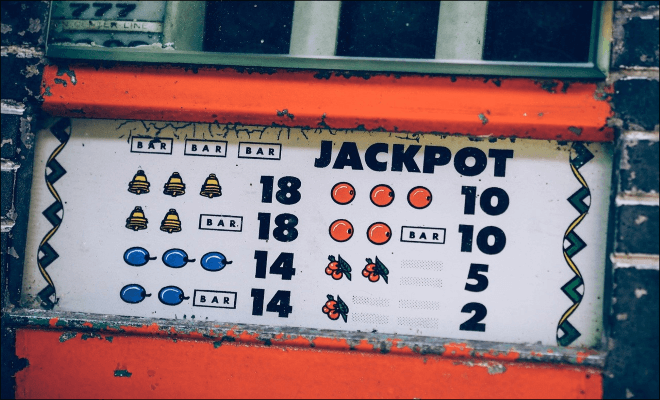While billionaires like Jeff Bezos and Elon Musk might have the money to turn their fantasies of jetting off into space into a reality, the rest of us just aren’t that lucky – or that rich.
But that’s not to say that we can’t sometimes pretend that we have more resources that we really do. Enough spare cash, maybe, to own and run our very own NFL team with the pick of the players from across the country.
It’s certainly a fantasy that seems to have struck home with plenty of Americans. According to figures from the Fantasy Sports and Gaming Association around 50 million of us play fantasy football, making it by far the most popular fantasy game of all.
Its popularity has meant that a number of major leagues have grown up, fueling the NFL fantasy world and offering different ways to play, and pay, when putting together a team.
A short history of fantasy football
It will probably surprise plenty of fantasy football fans to discover that it’s approaching its 60th birthday next year.
1962 was when one of the part-owners of the Oakland Raiders, Bill Winkenbach, first hit on the idea of a fantasy league. Whiling away time on a cross country trip with the Raiders, he got together with publicist Bill Tunnel and journalist Scotty Stirling and drew up some starting principles for the game.
Little did any of them realise that the game they invented would go on to be quite so huge. The fact that they called the first ever league the Greater Oakland Professional Pigskin Prognosticators League (or GOPPPL for short) was a fair indication of how seriously they were taking it.
The first draft took place in Winkenbach’s home in August 1963 with eight teams in the league. For the next few years it remained a self-contained league. But in 1969 it was launched to the public for the first time in an Oakland sports bar called Kings X.
Gradually, the game started to spread across the country gathering more and more fans as it went. In 1985 the first country-wide league was launched by Grandstand Sports Services and in 1990 the first syndicated newspaper league arrived. Called Pigskin Playoff, teams chose their players on a toll-free phone line by keying in a four digit number for each player from a listing published in the papers.
But it was in 1997 when the CBS network, followed by many others, launched the first online league that fantasy football really started to take off.
The tech explosion
If there’s ever been a watershed moment in the history of fantasy football, this was it. Suddenly, what had once been a very laborious process of putting together a squad and working out weekly teams suddenly became very easy indeed.
Gone were the days of groups of fans getting together in bars or their homes to list teams and put them in the mail. Instead, after just a few minutes on a computer and it was done.
The first effect this had was to open up the world of fantasy football to many more people than ever before and, consequently, to introduce many more to NFL action as well.
As in many other areas, the arrival of the internet suddenly gave people access to previously inconceivable amounts of information about all kinds of subjects. In terms of fantasy football, this became a real game changer when it came to the draft.
At the click of a mouse, fans could call up all kinds of information and stats about a particular player or NFL team which would then help them to make more informed decisions about who to pick and how much to pay for them. This rich data undoubtedly helped fantasy teams to be more finely honed for success.
And it didn’t end with the draft. Football, along with all sports from baseball to tennis, has seen a real explosion in the stats that they generate. Again, this is down to the tech that can record everything from the distance an athlete covers in a game to the percentage of possession of the ball each team has. Armed with this kind of information, it also puts the fantasy team manager in a far stronger position to make informed decisions about team tweaks and changes.
Just ask Google
Even when a fan doesn’t feel in a position to make the decisions him or herself, the ever increasing sophistication of apps like Google Assistant can now come to the rescue. For example, it’s possible to ask whether drafting a particular player would be a good move and the wealth of data stored in the system will arrive at an answer. Of course, whether the advice given will be sound is another question, but it’s there for anyone who wants to try it.[adsense]
Computing giant IBM are also pitching in by joining forces with Watson to crunch the numbers and use AI to try to give accurate score predictions based on the information contained in over 6 million archived articles written on the subject of football.
Looking to the future, there are already a number of explorations being made into how the blockchain tech behind cryptocurrencies can be used in fantasy football. It’s early days yet, but it’s almost certainly going to be part of the game in the future. As to whether prizes are going to be paid out in Bitcoin, well that’s another story.




